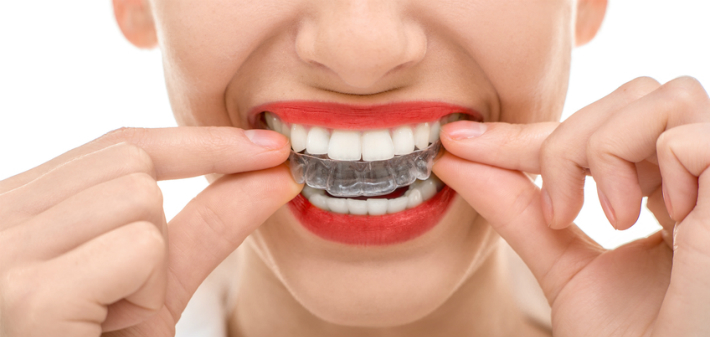A lost tooth requires you to make a crucial decision between using dental bridges and dental implants to restore your smile.
A misaligned bite can significantly affect your everyday life by making activities such as eating and talking difficult. These dental issues can also cause headaches and jaw pain if you compensate for the alignment by changing the way you open and close your mouth. If you experience these problems, it may be time to talk with a dentist in Little Rock about orthodontics, such as braces. Your dentist will identify your exact bite alignment and suggest the types of orthodontic devices that can offer relief from pain. Below are five orthodontics your dentist may consider.
Traditional Braces
Most mild to moderate bite issues can be corrected by traditional metal or ceramic braces. As the braces pull the teeth into alignment and resolve spacing issues, jaws tend to become aligned. If your bite is symmetrical, your dentist may determine that you qualify for hidden lingual braces, which attach to the back surface of your teeth. For severely asymmetrical or misaligned bites, you may need to wear traditional bracket braces, along with elastic bands or other accessories, to guide your teeth and jaw into perfect alignment. Adults can typically expect to wear braces for 18 months to 3 years.
Invisible Braces
Invisible braces such as Invisalign are one of the newest types of orthodontic devices. Dentists use these customized plastic braces to repair overbites and crossbites while straightening crooked teeth. The transparent trays are worn between 20 and 22 hours per day and switched out approximately every two weeks to progressively correct your bite over the course of about a year. However, complex alignment issues may need to be addressed with traditional braces due to their ability to adjust individual teeth.
Upper Jaw Expander
In many cases, a moderate crossbite can be corrected early in life through the use of an upper jaw expander. This device hooks around the rear molars and stretches across the upper palate. At each checkup, a dentist will use a key to slowly widen the expander and push the teeth into their correct positions. Over the course of several months, the teeth will straighten outward to achieve a perfect bite. Palatal expansion is most effective in young patients under the age of 14, so an adult may require surgery to address their crossbite.
Reverse Pull Face Mask
If you have a severe underbite, your dentist may use traditional braces and a reverse pull facemask to address the problem. The mask puts pressure on the upper jaw to pull it forward without the need for surgery. The face mask must be worn between 12 and 22 hours a day over the course of 12 to 18 months to achieve the desired alignment.
Retainer
Retainers are often used after other types of orthodontic devices have been used successfully. As its name suggests, the retainer helps your teeth and jaw retain their correct placement for years to come. The severity of the bite issue affects how long the retainer must be worn. For moderate issues, the retainer may need to be worn only at night for several years, while severe bite problems require the use of a retainer all day for the foreseeable future.
If you are interested in braces or other types of orthodontics in Little Rock, contact Arkansas Family Dental by calling 501-683-8886 and scheduling an appointment. Our professional staff will help you choose the orthodontic device that is best for you.

